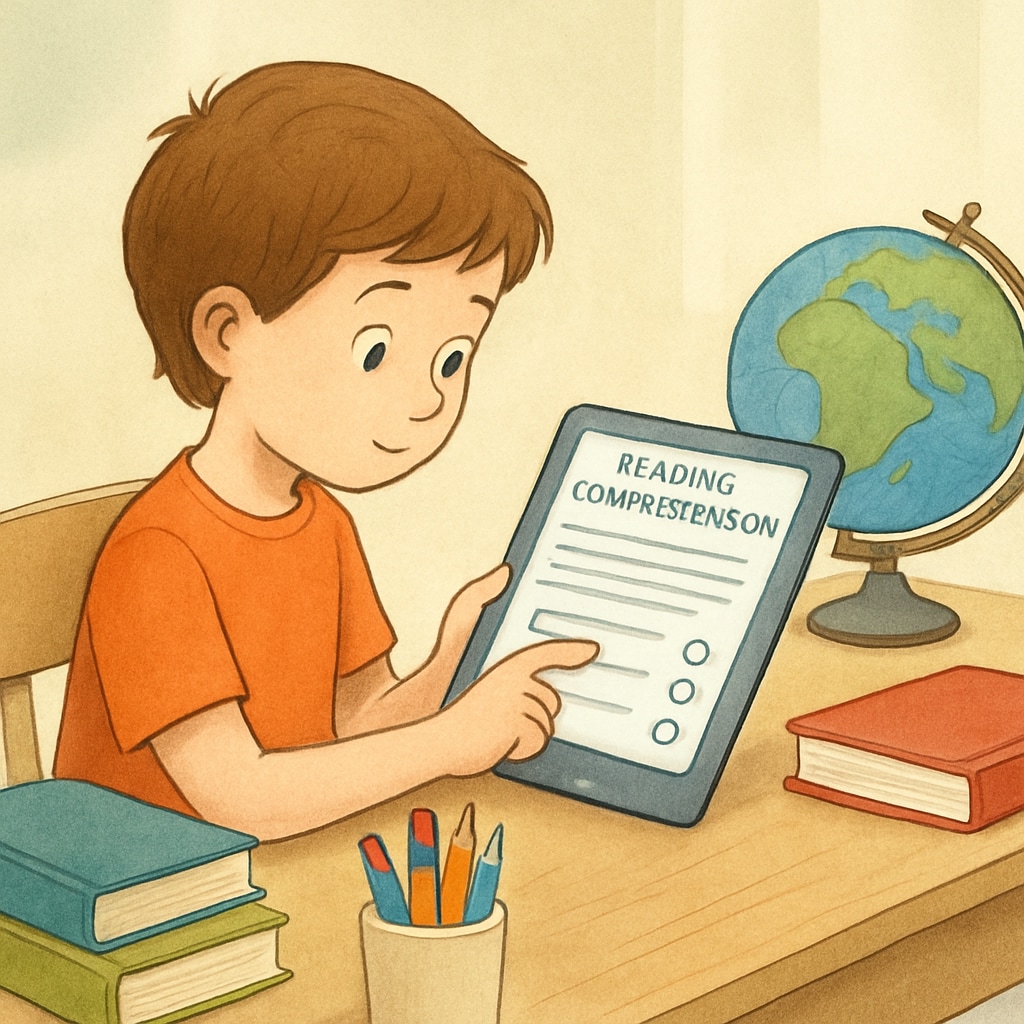Encouraging children to develop strong reading habits can be challenging, but free reading comprehension tools can make the process engaging and rewarding. By leveraging the principles of the Accelerated Reader (A.R.) point system and exploring free alternatives, parents and educators can create a personalized approach to motivate young readers. This article will guide you through some practical tools, resources, and strategies to boost reading interest while improving comprehension skills.
What Is the A.R. System and Why Is It Effective?
The Accelerated Reader (A.R.) system is a popular educational program designed to encourage reading among students. It works by assigning point values to books based on their difficulty and length. Students earn points by completing quizzes that test their comprehension after reading a book. This gamified approach rewards students for their efforts, making reading both fun and competitive. However, A.R. programs often require paid subscriptions, which may not be feasible for every school or family.
Fortunately, there are free alternatives that mimic the key advantages of the A.R. system. These tools allow you to track progress, test comprehension, and keep your child motivated without incurring additional costs.

Free Alternatives to the A.R. System
If the A.R. system is out of reach, there are numerous free resources available online that provide similar benefits. Here are some excellent options to try:
- ReadTheory: This platform offers free reading comprehension exercises tailored to a student’s skill level. It provides instant feedback and tracks progress over time. Learn more about ReadTheory.
- CommonLit: CommonLit offers a library of free reading passages with accompanying questions. It is highly customizable, allowing teachers and parents to select content that aligns with a student’s interests and proficiency. Visit CommonLit’s official site.
- Newsela: A great tool for older kids, Newsela provides news articles at varying reading levels. Each article includes a quiz to test comprehension, making it both educational and engaging.
These platforms not only make reading interactive but also help build critical thinking skills by encouraging students to analyze and interpret texts.
Creating Personalized Reading Comprehension Tests at Home
For a more tailored approach, parents and educators can create their own reading comprehension tests. This strategy allows you to align the content with a child’s interests, ensuring maximum engagement. Here’s a step-by-step guide:
- Select a Book: Choose a book that matches your child’s reading level and interests. Whether it’s a fantasy novel, a mystery, or a biography, the key is to pick something they’ll enjoy.
- Craft Questions: Write questions that test different aspects of comprehension, such as vocabulary, main ideas, and inferences. For example:
- What is the main idea of the story?
- Why did the protagonist make a specific decision?
- What do you think will happen next, and why?
- Incorporate Rewards: Create a simple reward system, such as earning points for each correct answer. These points can be exchanged for fun activities, small treats, or privileges.
This DIY approach not only saves money but also allows you to focus on areas where your child may need extra support.

Tips for Sustaining Reading Motivation
Even with the best tools and resources, maintaining a child’s interest in reading requires consistent effort. Consider the following strategies to keep the momentum going:
- Set Achievable Goals: Break down reading into manageable chunks. For example, aim for one chapter per day or 20 minutes of reading time.
- Celebrate Milestones: Acknowledge and reward progress, whether it’s finishing a book or achieving a new high score on a comprehension test.
- Create a Reading-Friendly Environment: Designate a quiet, comfortable space for reading to help your child focus and relax.
- Be a Role Model: Share your own love for reading by discussing books you enjoy or reading alongside your child.
By incorporating these strategies, you can foster a lifelong love for reading while building essential comprehension skills.
Conclusion
Free reading comprehension tools offer an accessible way to nurture a child’s interest in books while improving their understanding of texts. Whether you use platforms like ReadTheory and CommonLit, or create personalized quizzes at home, the key is to make reading enjoyable and rewarding. With consistent effort and the right resources, you can help your child develop a lasting passion for reading.
Start today by exploring free tools or crafting your own quizzes to make reading an adventure!


